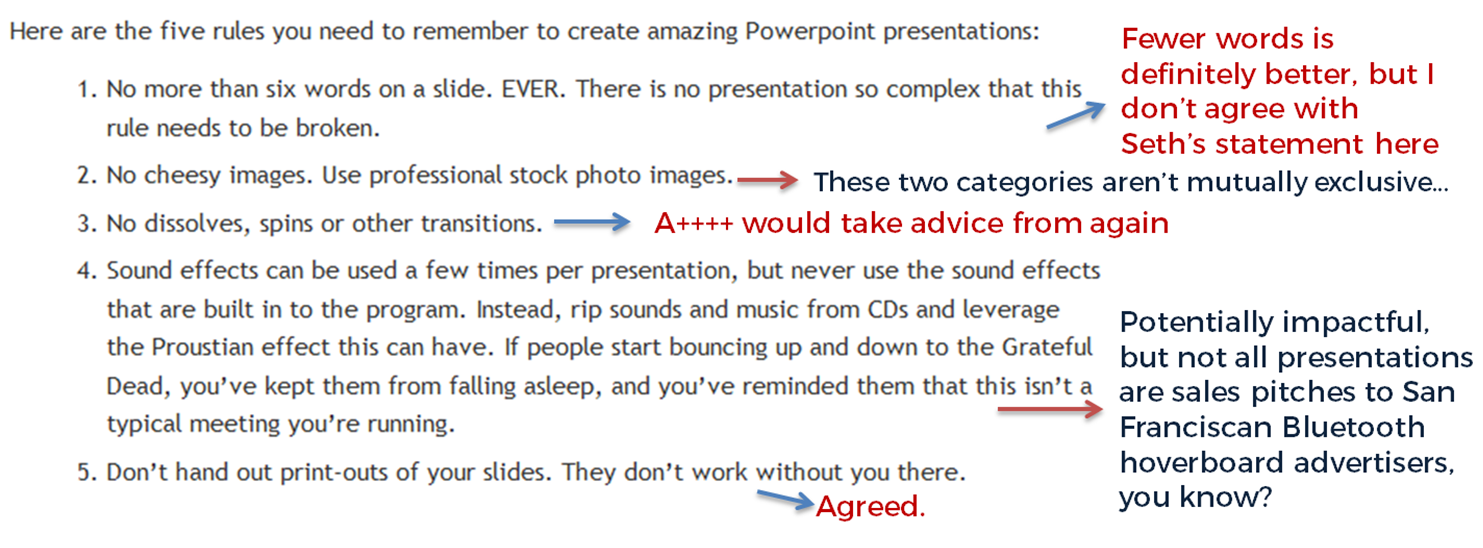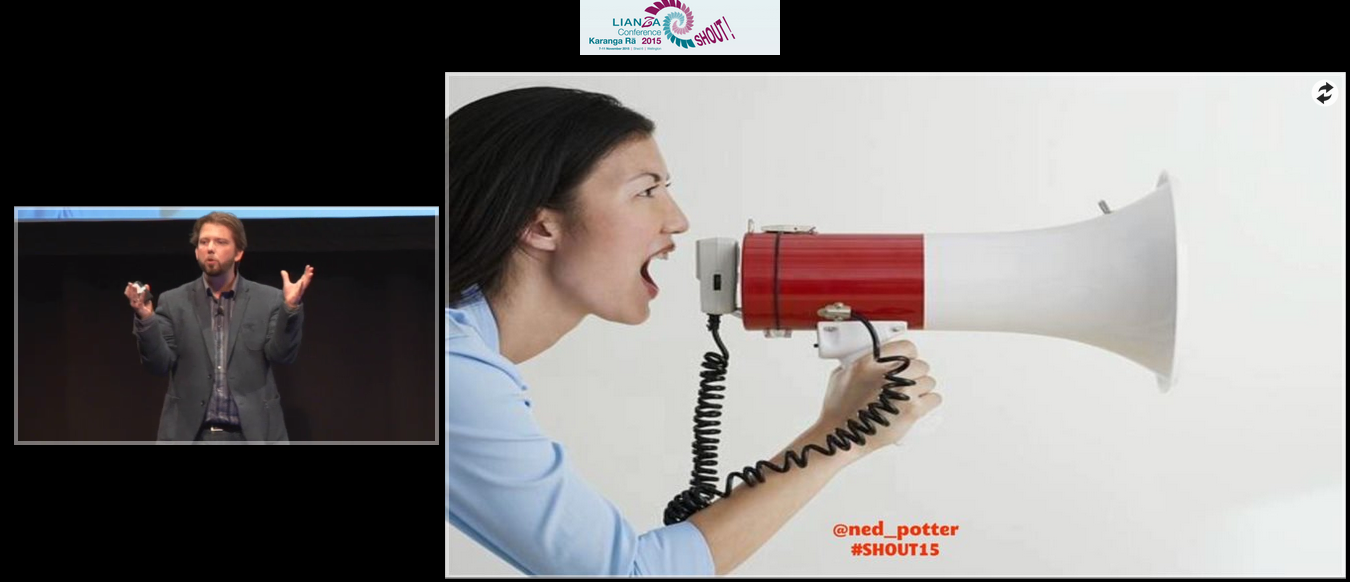I'm always struck by just how many people use libraries in the UK. It's a mind-bogglingly huge amount.
When we hear about the figures they're always couched in terms of reductions - CIPFA tells us about the continuing decline, noting that UK visits to public libraries in 2013-14 fell to 282 million, from 288 million the previous year. I'm not surprised it fell - we lost 49 branches and 1,000 full-time-equivalent staff in the same period.
But why do we never take the figures in isolation? 282 million visits! That's MASSIVE. And then I started wondering how that compared with other things we visit in the UK. I came up with a list of as many as I could think of, and guess what? We visit libraries more than we visit ANYTHING else. In fact, we visit libraries twice as often as we visit football matches, theatres, A&E and the Church combined.
I mean come on!
So inspired by some utter drivel from the Telegraph about a new Government initiative about libraries (more on which another time), I've come up with some different ways of expressing the comparisons between how often we visit libraries versus other things we visit.
Everything below has no licence attached to it so please use it however you wish - tweet it, blog it, embed it, remix it, change it, and no need to attribute anything (except the original data sources). I just want this message to go as far and wide as possible.
Library usage stats broken down into smaller timeframes
I'd be really keen for people to make their own versions of these - I'm sure we can do better than what I've come up with below. This is the perfect size to tweet as it won't need expanding to be viewed on Twitter.







